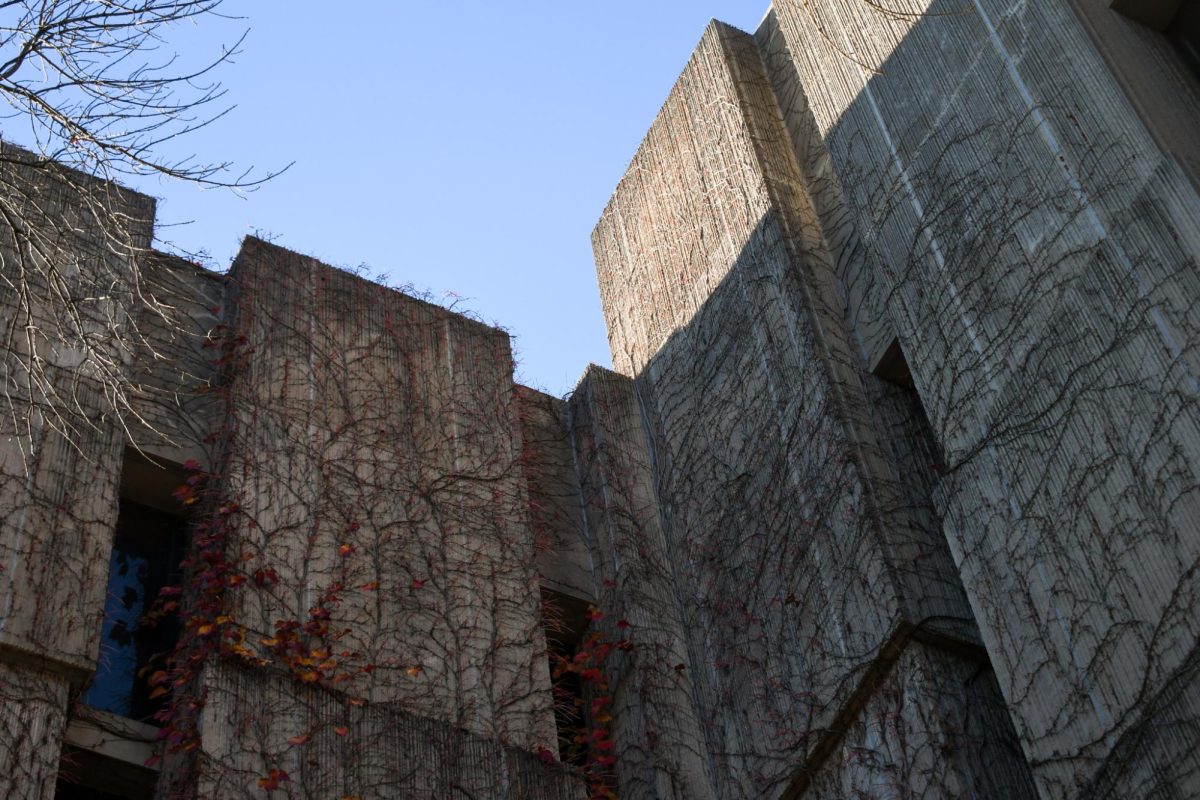Dear President Zimmer and Senior Advisor Susan Sher,
We, the members and supporters of UChicago for a Community Benefits Agreement, urge the University to sign a Community Benefits Agreement (CBA) with the Obama Community Benefits Agreement Coalition to ensure that the communities surrounding the University benefit from the many upcoming developments near the Obama Presidential Center.
Through the signing of the CBA, we ask that the University commits to:
1. Matching the Obama Foundation’s commitment to at least 35 percent of its upcoming construction projects going to “minority business enterprises,” at least 10 percent going to “women business enterprises,” and at least 5 percent going to firms owned by veterans.
2. Ensuring 80 percent of the permanent jobs created for the Woodlawn Residential Commons, Rubenstein Forum, and new hotel are filled by South Side residents, and ensuring their demographics are consistent with South Side demographics.
3. Contributing 7 percent of development costs and 5 percent of downstream revenues from the Woodlawn Residential Commons, Rubenstein Forum, and new hotel to a community trust fund to support a first source employment center, business development center, affordable housing, and related initiatives.
The arrival of the Obama Presidential Center in Jackson Park, just a few blocks away from the University, will dramatically transform the South Side of Chicago. The Presidential Center will draw thousands of visitors, create hundreds of permanent jobs, and lead to millions of dollars in new food, retail, and housing developments in surrounding neighborhoods. The University of Chicago is also making several new major developments near the Center including the Rubenstein Forum, the Study at UChicago hotel, and the new Woodlawn Residential Commons to house 1,200 undergraduates, all of which will have a powerful impact on the local economy.
These transformations, however, risk leaving many long-time neighborhood residents behind. The nearly two dozen community organizations composing the Obama Library South Side CBA Coalition, including UChicago for a CBA, have already spoken about how rising housing costs have begun to push many low-income and minority residents out of their homes. The predominantly Black neighborhood of Woodlawn provides a prime example of the real estate speculation that has already begun: Property values in Woodlawn rose by 23 percent in the first six months of 2017, the third-highest increase in estimated home values compared to its respective metro area in the country. 1Woodlawn, a prominent local organization independent from the Coalition, has pointed out that over 77 percent of Woodlawn residents are renters, and it estimates that 70 percent of them are rent-burdened. Rent and property tax increases will lead to the displacement of low-income, Black residents unless the University takes immediate action.
The University of Chicago has a responsibility to sign a CBA for four primary reasons. First, the University has historically been complicit in segregating and displacing low-income Black residents in Hyde Park and surrounding communities. From its partnership in the late 1890s with developers trying to protect and even inflate land values on the South Side, to its support of neighborhood organizations pushing for racial restrictions in homeownership (Building the South Side, Bachin 2004), to its financing of lawsuits that enforced these discriminatory housing practices, the University’s track record is far from clean when it comes to interacting with local communities. Now, the University stands at a pivotal moment. It can choose to be complicit in further displacement of low-income Black residents, or it can choose to redress some of the harm it has caused and pave the way for the creation of more equitable neighborhoods.
Second, the University played an integral role in the early stages of the Obama Presidential Center by developing and submitting Susan Sher’s proposal to bring it to Jackson Park. Thus, it is responsible for both the location of the Center and its economic impact.
Third, the University’s new dorm, forum, and hotel will likely increase housing prices in the nearby areas and contribute to both the displacement of longtime residents and gentrification of the surrounding community. Signing the Community Benefits Agreement will help to mitigate the effects of rising housing costs to ensure that fewer people are displaced.
Fourth, signing the Community Benefits Agreement is in line with the University’s “commitment to ensuring local communities benefit from its activities.” Furthermore, the University states that it is committed to partnering with “local organizations” to promote economic growth that “benefits all residents.” Unless the University puts its rhetoric into action through legally binding written commitments, community members will continue to have no way to hold the University accountable.
The University thus holds a responsibility to prevent the gentrification and displacement of South Side residents and to ensure these residents benefit from the development of the Obama Presidential Center.
As students, we are implicated and invested in the ways in which the University alters and shapes our surrounding communities. We will not stand idly by and accept decisions that will hurt our neighbors.
Signed,
UChicago for a Community Benefits Agreement
To sign this letter, go to our petition page.







